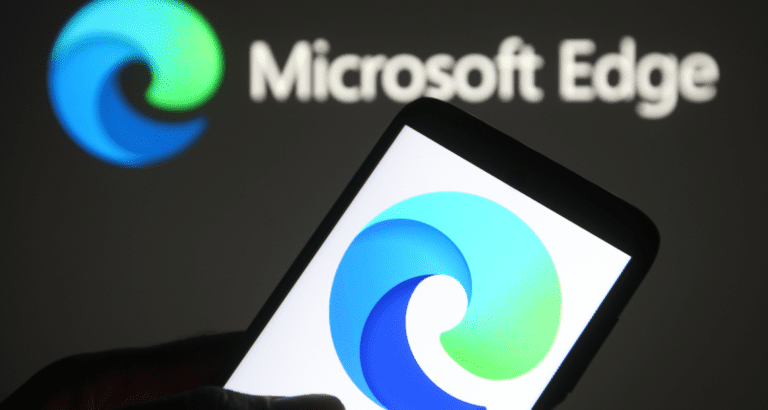There seems to be a bug in version 112 of the Microsoft Edge browser. A feature intended to track content creators everywhere sends entire URLs to a Bing domain. Fortunately, you can fix this privacy issue as a user.
The feature is on for users by default. To prevent this behaviour from Edge, you can turn off this form of tracking with a few mouse clicks. By navigating through Settings to “Privacy, search and services” and scrolling all the way down, users can turn off various Web services. Among them are alternative website suggestions and personalized recommendations. This includes the content creator feature, which sends URLs to bingapis.com.
Microsoft says it has since fixed the bug. Still, it may be suitable for an organization to stop feeding Bing with URLs, no matter what source they are from.
Security
The feature was intended to make it easier for Edge to keep track of your favourite content. The browser would typically only send URLs from media sites such as YouTube, Reddit and newspapers to give Bing more personalized search results. However, something seems to have gone wrong here with the filtering of URLs. That is, there appears to be virtually no filtering except for the omission of porn links, for example.
This could be a significant privacy issue for organizations, as the data is sent directly to Microsoft. This is because it includes, for example, IP addresses and local, private links. Previously, a URL was only sent if it was on a website with the content creator feature turned on. From a security point of view, it is not desirable for an organization to just have to trust Microsoft with its own links. In addition, there is no telling where the data is being processed. If personal information ends up in a datacenter outside the European continent in this way, the feature violates EU privacy laws.
It is yet another example of the high degree of data gathering that big tech is engaged in. Microsoft, Google and Meta, among others, want this data to be used for such things as targeted advertising or training AI models. This privacy discussion often results in fines for large companies or amended legislation to protect the rights of citizens and organizations better.
Also read: Rivals demand Microsoft does more on antitrust issues
